Areas of work: Peace & Disarmament

Booklet: Sustaining peace and human rights towards just, peaceful, and inclusive societies
QUNO Geneva's Peace & Disarmament program works to highlight and reinforce the inextricable link between human rights and peace and...
Read More

Booklet: Arms control, human rights, and corporate responsibility towards just, peaceful, and inclusive societies
QUNO Geneva's Peace & Disarmament program works on highlighting the arms-related risks to human rights and tackling the challenges in...
Read More
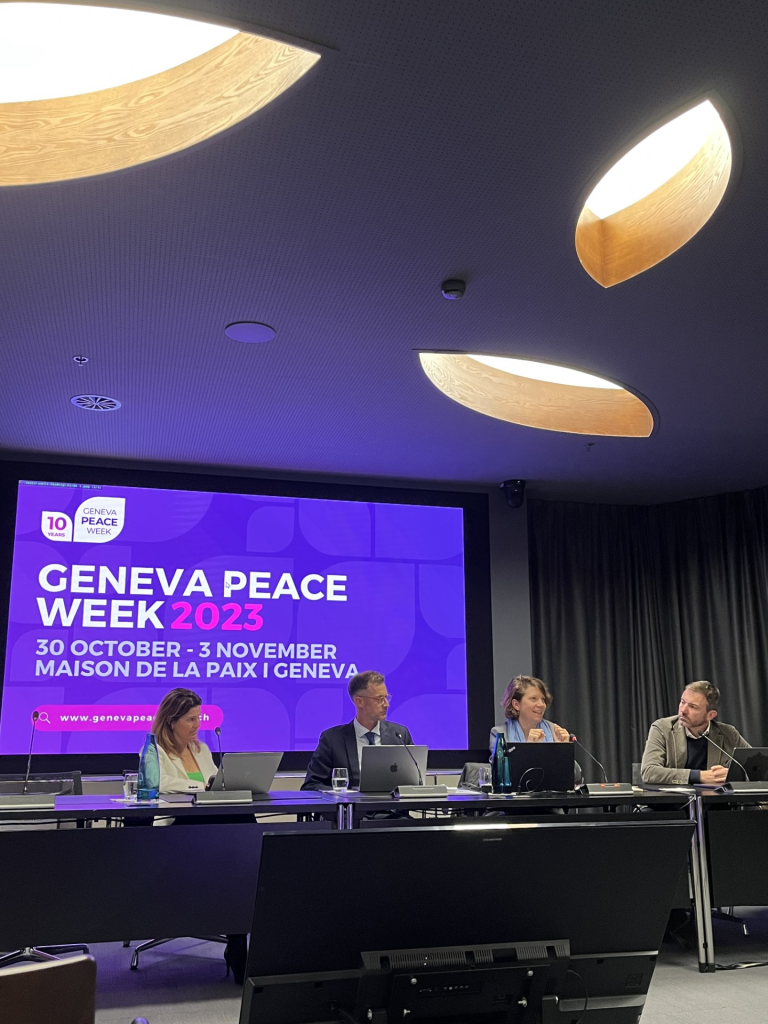
Sustaining peace needs intersectional approach at United Nations
Peacebuilding has been viewed mainly as post-conflict intervention at the United Nations (UN), but the Quaker United Nations Office (QUNO)...
Read More

Integrating Human Rights and Sustaining Peace: Exploring Special Procedures
The report 'Integrating Human Rights and Sustaining Peace: Exploring Special Procedures' is based on a joint project undertaken by the...
Read More
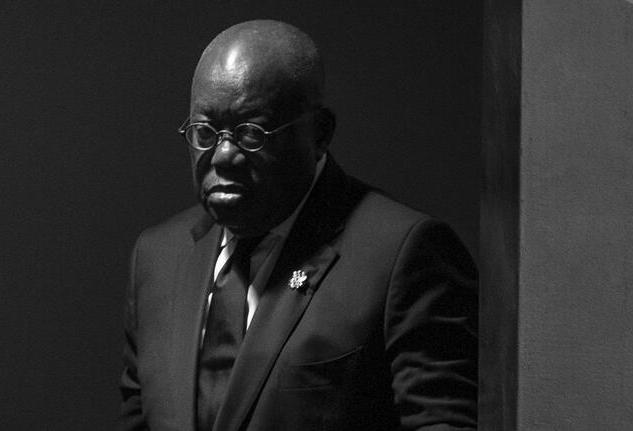
World leaders gather with hopes for peace in the face of deepening crises
On September 19th, world leaders gathered at the United Nations in New York for the opening of the 78thSession of...
Read More
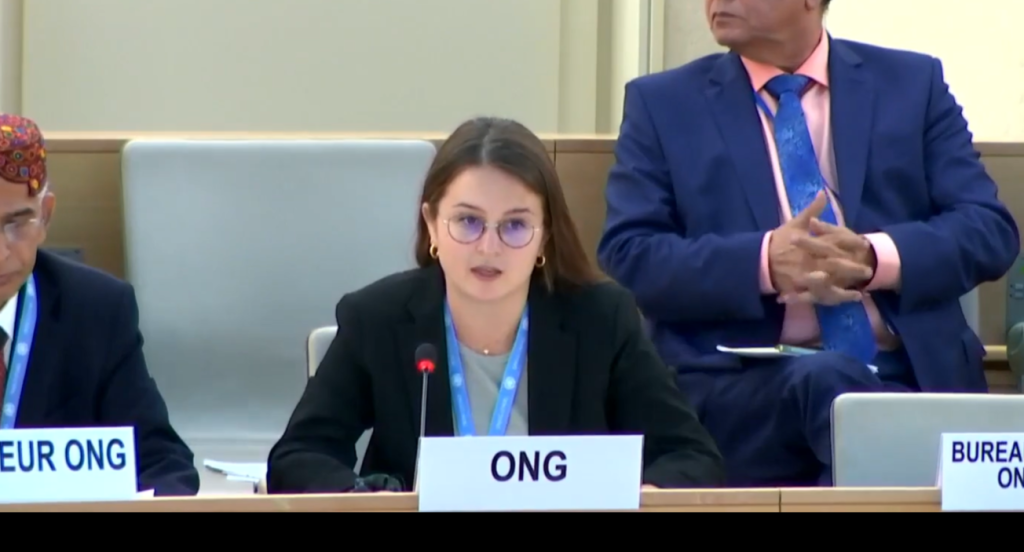
Arms industry tactics avoid human rights responsibility
The irresponsible role of the arms industry needs to be addressed as part of preventing violence and human rights violations...
Read More
![Image[4]](https://quno-dev.globalsolidarity.foundation/wp-content/uploads/2023/07/Image4-1024x768.jpeg)
Young people gather for QUNO’s Summer School in Geneva
QUNO Geneva’s annual Quaker UN Summer School (QUNSS) hosted 23 participants from various countries recently, connecting them to the United...
Read More

QUNO Geneva speaks at the Human Rights Council on casualty recording and arms related risks to human rights.
Florence Foster, Representative for Peace & Disarmament at QUNO Gevena, spoke at the Human Rights Council 53rd Session during the...
Read More
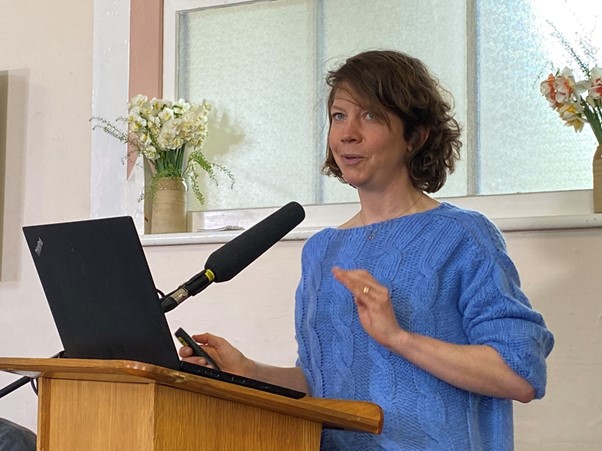
Ireland Yearly Meeting 2023 – QUNO Geneva speaks on ‘Preparing for Peace: How can we prepare for peace?’
Florence Foster, Representative for Peace & Disarmament at QUNO Geneva, had the pleasure of joining Irish Friends in Tallaght for...
Read More
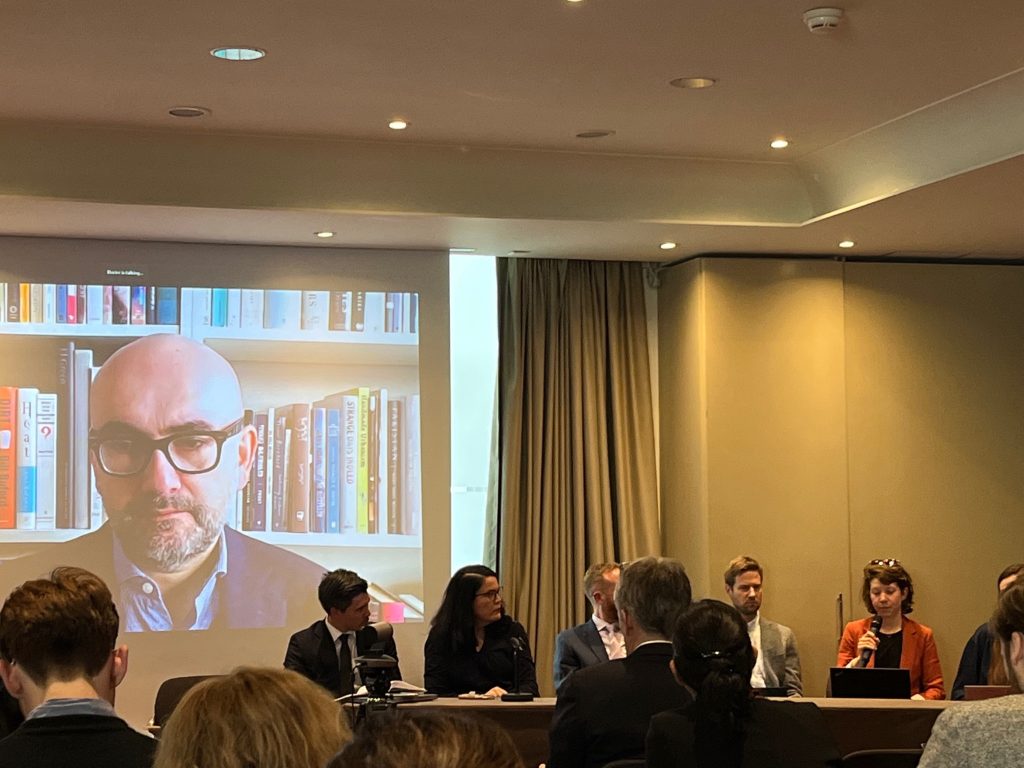
QUNO Geneva leads on human rights and conventional arms discussion for the Geneva Consultations on the New Agenda for Peace
QUNO Geneva, as a founding member of the Geneva Peacebuilding Platform (GPP), supported consultations with relevant stakeholders in Geneva on...
Read More
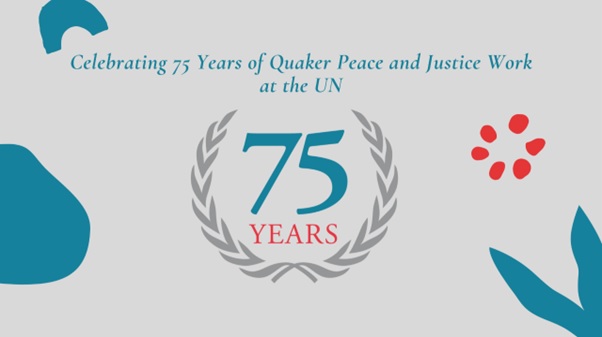
QUNO: 75 Years of a Trusted Presence at the United Nations
This year, 2023, marks 75 years since the Quakers United Nations Office (QUNO) was founded in 1948. QUNO represents Quakers...
Read More

QUNO Geneva gives recommendations to enhance Special Procedures’ contributions to sustaining peace at the 52nd Session of the Human Rights Council
QUNO Geneva’s Peace and Disarmament programme delivered a statement under Item 5 of the Human Rights Council 52nd Session to...
Read More

QUNO highlights the importance of the arms sector when discussing responsible business conduct
During the 11th UN Forum on Business and Human Rights | OHCHR, QUNO Geneva partnered with American Bar Association Center...
Read More
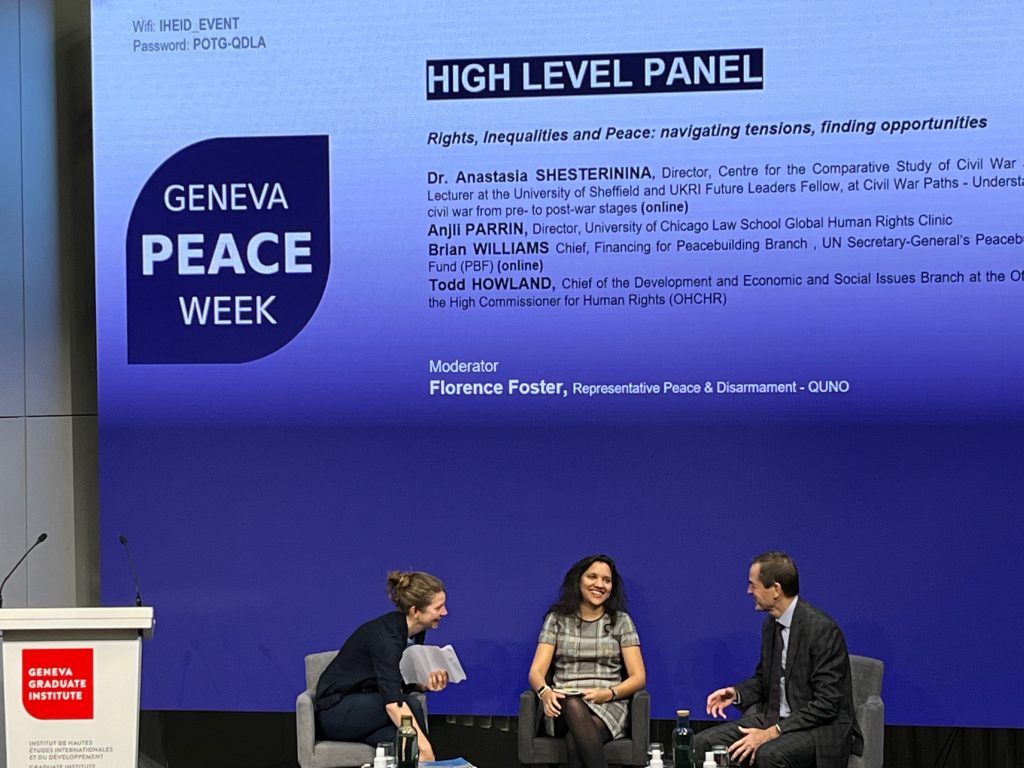
Geneva Peace Week 2022 (part 3/3) – QUNO moderates High Level Panel on ‘Rights, Inequalities and Peace: navigating tensions, finding opportunities”
The 2030 Agenda for Sustainable Development explicitly combines the promotion of peaceful, just, and inclusive societies in its Goal 16,...
Read More
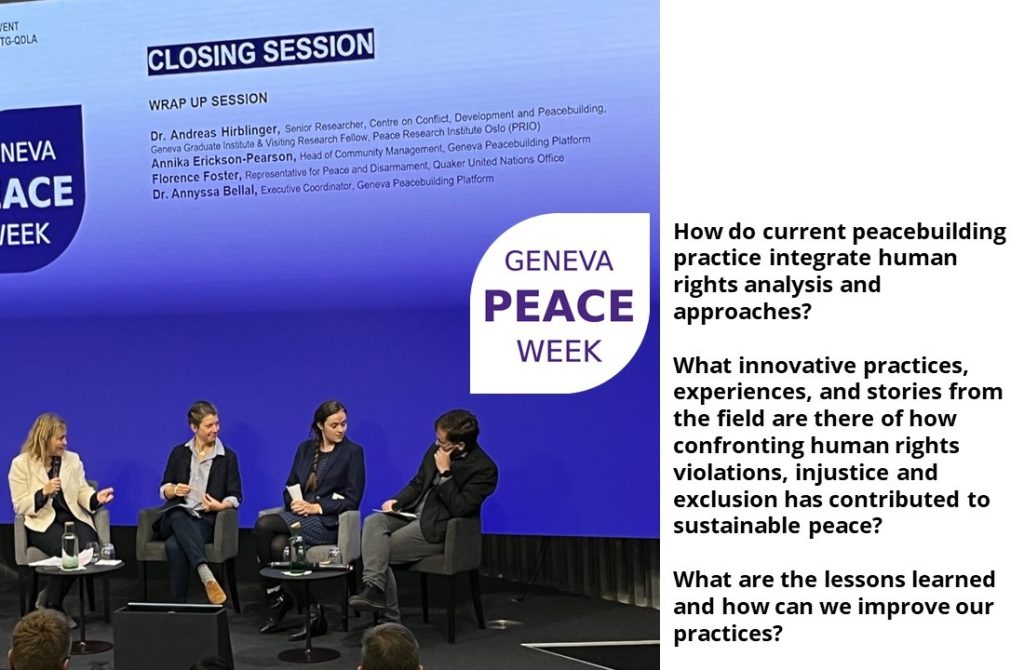
Geneva Peace Week 2022 (part 2/3) – QUNO continues to spotlight human rights, social and economic justice, and political participation as foundational to sustainable peace
As one of the founding organizations of the Geneva Peace Platform (GPP), QUNO Geneva continues to play a role in...
Read More

QUNO Geneva’s Peace and Disarmament programme engagement at Human Rights Council
At the 51st session of the Human Rights Council – which has come to a close – the Peace and...
Read More
